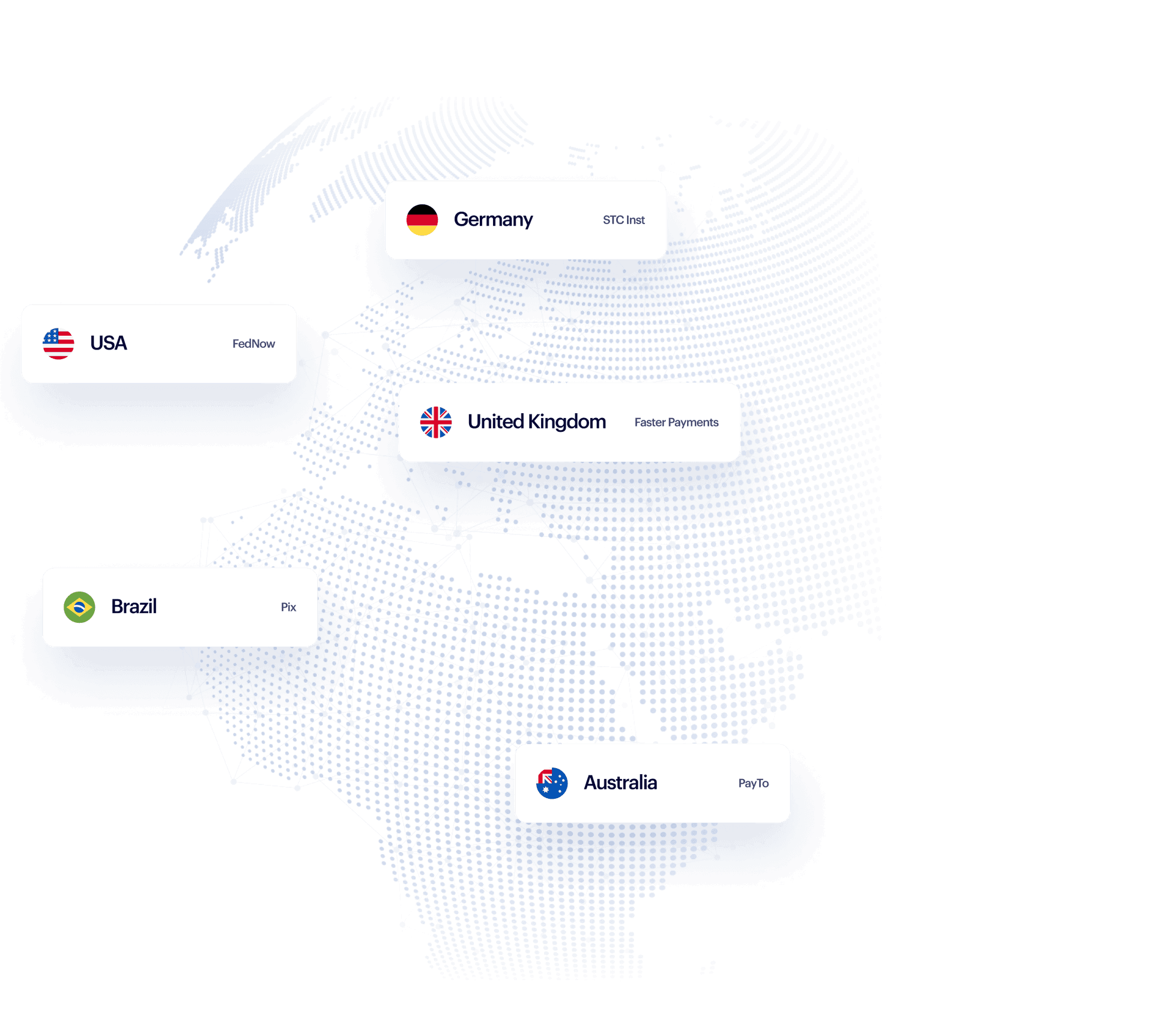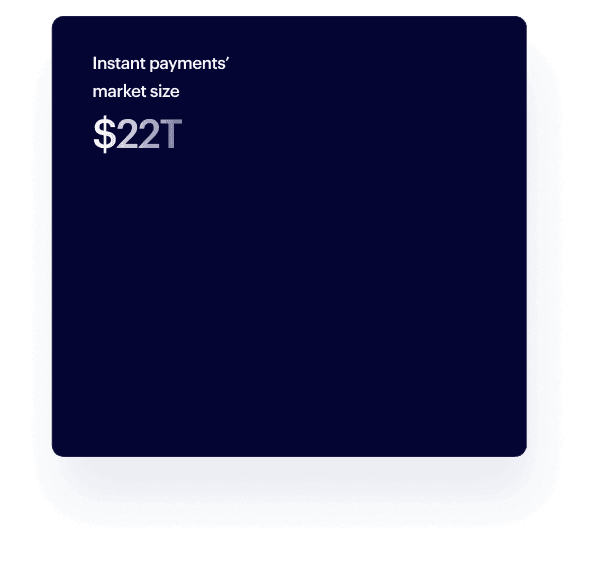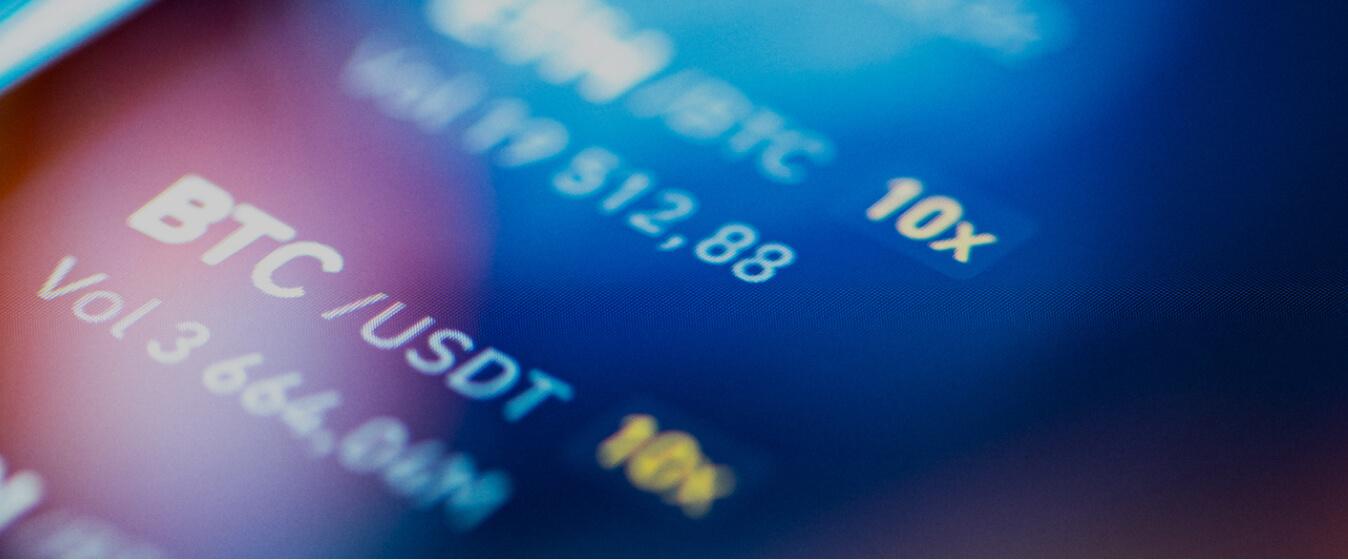

Real-time payments, everywhere
We’re building the world’s first global real-time payment network.
Move money at lightning speed, wherever you are.

A GLOBAL SOLUTION
One integration to a world of real-time payments
We give businesses globally the power to receive and send real-time account-to-account payments. Switch on a globally optimised Pay by Bank at checkout. Benefit from a faster, more secure way to handle customer funds.
A HARMONISED SOLUTION
Acting on real-time’s revolutionary potential
Real-time payments are being rolled out globally, but by individual territories. We’re acting on their revolutionary potential by bringing domestic networks together to a single, harmonised solution.
Real time EVERYWHERE
Delivering the future of online payments
Welcome to the future of e-commerce, where funds flow in real time – directly from one bank account to another, across borders and without intermediaries – everywhere.


WHAT WE’RE BUILDING
The first global real-time
payment network
Real-time MAP
Real-time payments are going global
From the UK to Australia, the US to Brazil, 80+ countries around the world have rolled out their own real-time payment schemes. We’re on a mission to unite and harmonise them all.
Take a real-time payments world tour

Reach
Already live in three continents, and with plans to add more, we’re creating the world’s ‘network of networks’ for real-time open banking payments.
Scalability
Our vision is a one-stop solution to global connectivity. We’re equipped to integrate domestic networks into our own, as they launch.
Connectivity
We have multiple connections to the thousands of banks we process payments to and from, meaning we can boost resilience and reliability.


The future of payments is real time
Join the real-time revolution. Give your customers a faster, easier and safer way to pay.






















